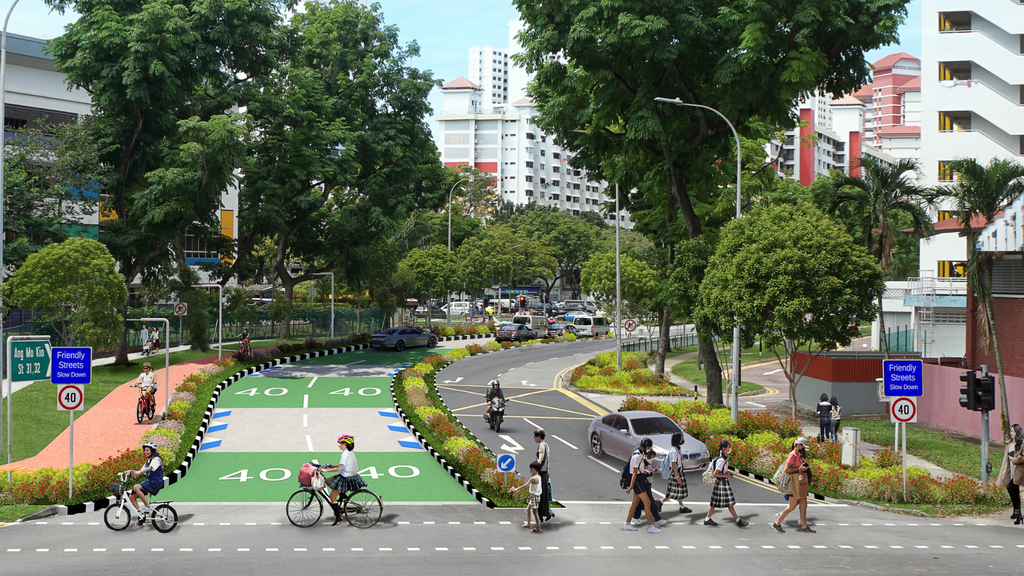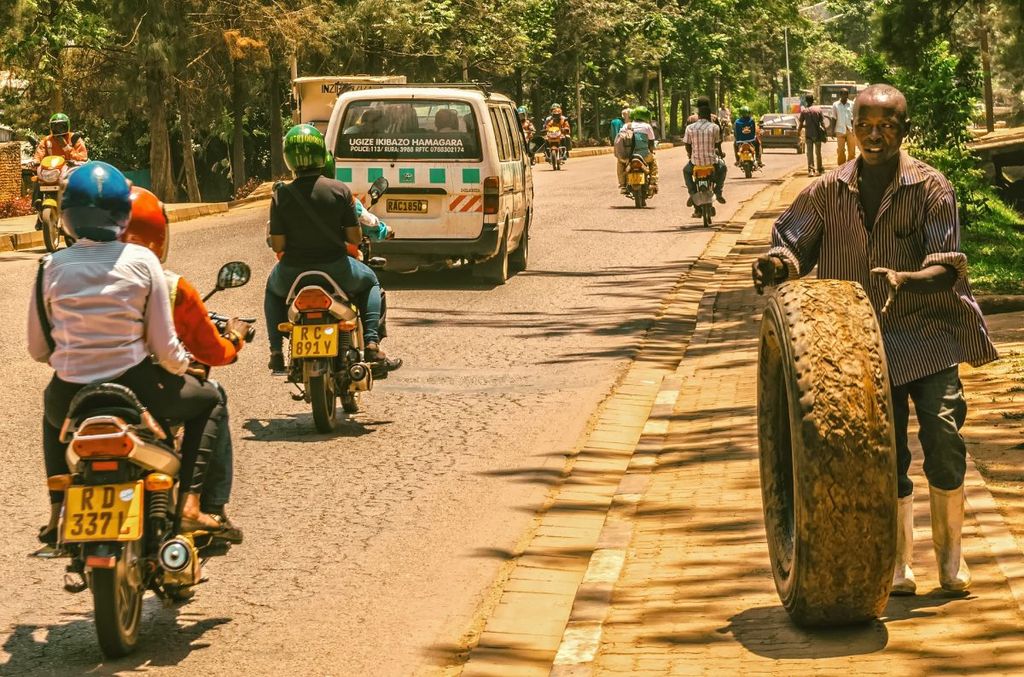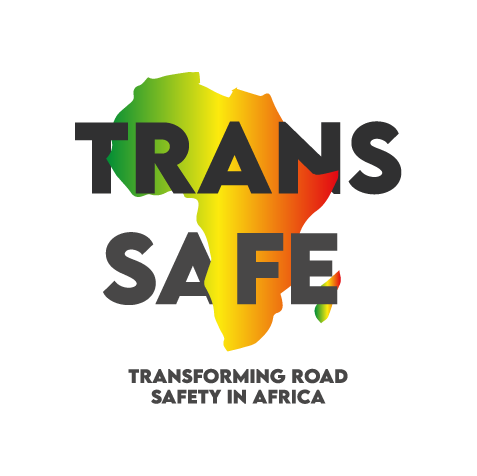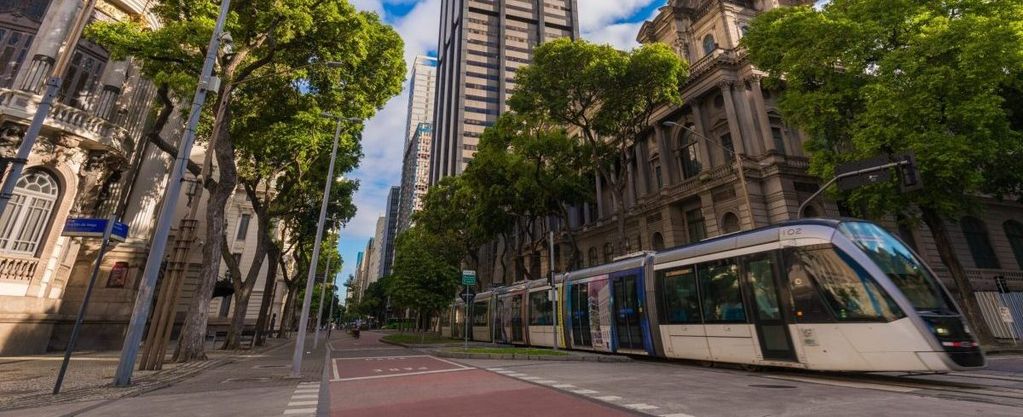
How to set up a public transport authority: Examples from South-East Asia
Taking best practices from public transport authorities in South-East Asia
As an approach to sustainable transport, the Kuala Lumpur Transport Strategic Plan defined by the ASEAN Secretariat develop “Avoid – Shift – Improve” (ASI) strategies at regional and Member States levels.
In ASEAN metropolitan regions, the process of implementing such strategies lags behind the growing challenges posed by rapid urbanisation and economic growth. This is in spite of the availability of proven, effective tools and technologies for each strategy, and of suitable financial instruments and capacities. ASI plans and projects do not materialise at the pace, scale or with the impact required to begin tackling the challenges.
The ASEAN Regional Strategy for Sustainable Land Transport has identified outright barriers to the implementation of sustainable land transport: institutional barriers, financial barriers, limited human resources and technical capacities, coupled with a lack of understanding of sustainable transport and adequate policy solutions. To progress rapidly and avoid any missed opportunities due to lack of effective sustainable transport policies, an approach that enables ASEAN Member States is needed to establish an efficient and responsible governance system. This must be capable of anticipating future needs, guiding actions and ensuring the integrated management and development of urban transport systems.
This project brief consolidates recommendations from the SMMR Project (Sustainable Design of Urban Mobility in Middle-sized Metropolitan Regions). SMMR has the objective to implement concepts and strategies for integrated and sustainable mobility across the 10-ASEAN Member States. The publication also presents the key lessons learned from the Metropolitan Transport Executive (MTE) toolbox report and solutions for regional configurations required to address transport issues on a new scale, such as conurbations that evolve along newly upgraded economic corridors, including cross-border regions.
exclusive resources







